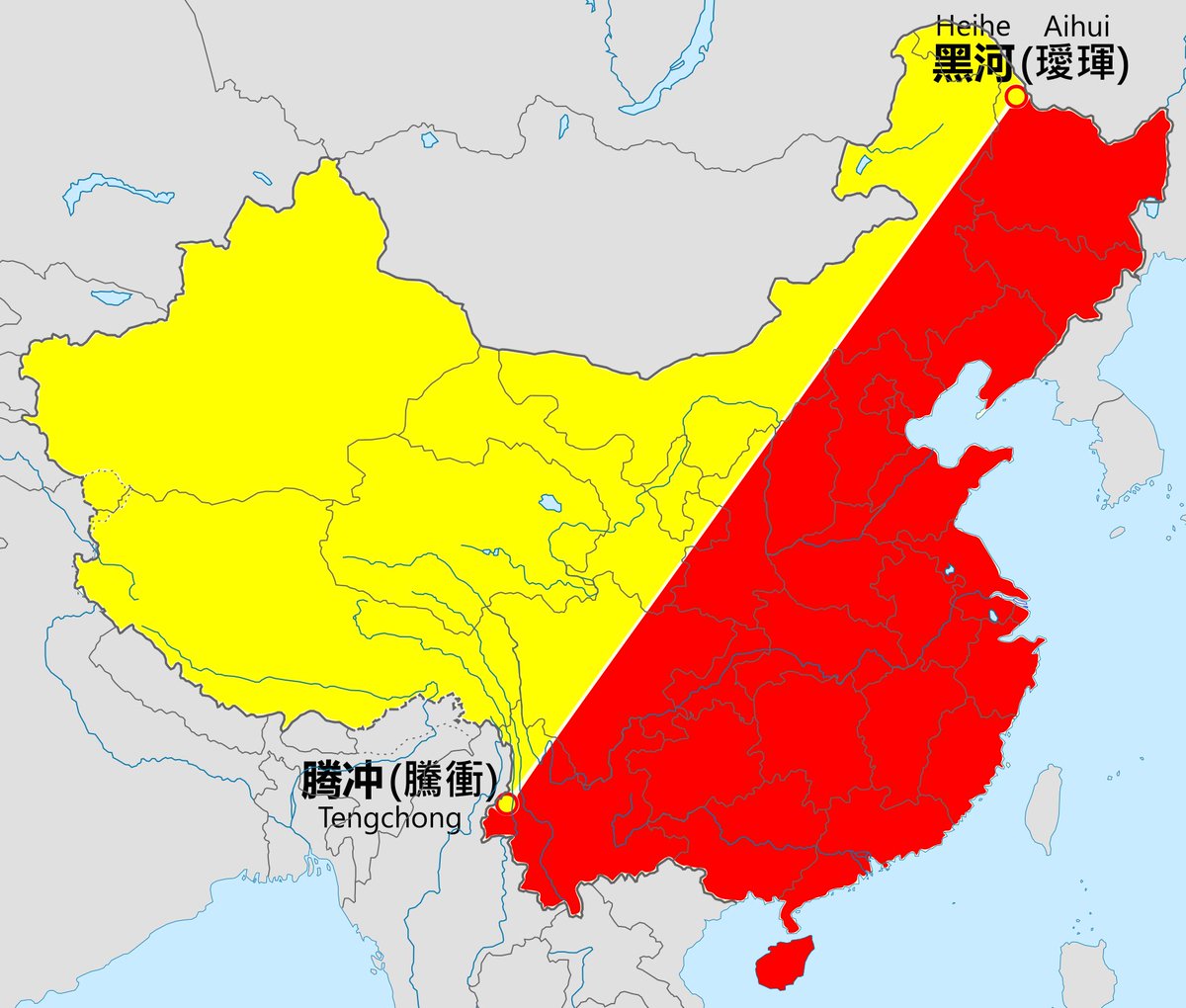An observation on certain BRI projects:
A lot of the early-BRI-projects/pre-BRI-projects-reclassified-as-BRI-projects that went on to fail (Montenegro highway, Sri Lanka port, East Africa rail) have been labeled “Debt Traps”
That may be true, but I have another theory THREAD https://twitter.com/jacob_t_gunter/status/1381528660763582465">https://twitter.com/jacob_t_g...
A lot of the early-BRI-projects/pre-BRI-projects-reclassified-as-BRI-projects that went on to fail (Montenegro highway, Sri Lanka port, East Africa rail) have been labeled “Debt Traps”
That may be true, but I have another theory THREAD https://twitter.com/jacob_t_gunter/status/1381528660763582465">https://twitter.com/jacob_t_g...
These tend to share the trait of being far too ambitious or out of touch with the demographic and economic realities of their locales. The Montenegrin highway is far too big, the Sri Lankan port was built with a capacity far exceeding any reasonable level of demand, and... 2
... the rail network in east Africa was out of touch with both political (borders) and economic conditions.
I think these were more a failure of a copy-paste approach by Chinese diplomats and companies than they were debt trap attempts (which we should still be wary of) 3
I think these were more a failure of a copy-paste approach by Chinese diplomats and companies than they were debt trap attempts (which we should still be wary of) 3
China’s infrastructure miracle worked because of the sheer scale of all things China. Giant highways, ports and railways could reliably connect tens/hundreds of millions of citizens/producers/consumers about anywhere east of the Heihe-Tengchong line (90+% of the population) 4
China also has a national economy at a scale to tolerate quite a bit of waste and frontloading in infrastructure in a way that much smaller economies simply cannot.
I think Chinese diplomats/companies assumed that this standard practice could be replicated anywhere. 5
I think Chinese diplomats/companies assumed that this standard practice could be replicated anywhere. 5
As time went by, it became painfully clear that this was not going to work. As the BRI has developed over the years, projects have been largely scaled back, and the ones we’ve seen in the last few years tend to be more in touch with local conditions. 6
I don’t think the PRC wanted to see these fail, both because they wanted a good return on the financing but also because such failures hurt their public image in the developing world, which it is aggressively trying to court. 7
These negatives would generally outweigh whatever leverage they could gain from a debt trap, so I’m disinclined to label these projects as such.
Importantly, these projects were not forced on the recipient countries. They agreed to them of their own free will.... 8
Importantly, these projects were not forced on the recipient countries. They agreed to them of their own free will.... 8
...and understandably so. After all, if the US, EU or Japan weren’t going to come help build out infrastructure, then why not seriously consider working with the PRC - THE infrastructure heavy lifter of the last few decades? 9
The PRC has learned these lessons, and is getting better at this kind of work. The BRI isn’t going anywhere (it’s Xi’s signature FP and is in the CCP constitution) and the liberal world would do well not to write it off due to a few early failures. 10
http://www.xinhuanet.com/english/2017-10/24/c_136702025.htm">https://www.xinhuanet.com/english/2...
http://www.xinhuanet.com/english/2017-10/24/c_136702025.htm">https://www.xinhuanet.com/english/2...
Instead, the BRI should be taken seriously and competed with. It has speed and scale on its side, but is weak in terms of fair procurement, environmental impact, and in navigating diverse systems and cultures. 11
A good place to learn a competitive approach is Japan’s approach to infrastructure work in SE Asia, which has been wildly successful for decades.
The liberal world can and should compete. Hopefully, some real public goods will emerge in the developing world as a result. /end
The liberal world can and should compete. Hopefully, some real public goods will emerge in the developing world as a result. /end

 Read on Twitter
Read on Twitter


